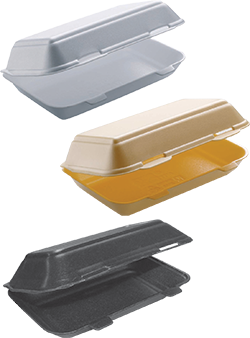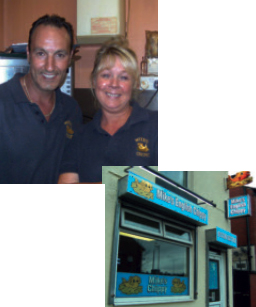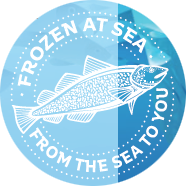The Truth about EPS - Did you know?

The Truth about EPS - Did you know?...
EPS is an efficient use ofnatural resources…
It is a lightweight material containing mainly air and has a very low carbon footprint.
EPS operates efficientlyand reduces waste…
A key ingredient to manufacture EPS is steam, which is re-used many times meaning it is a low pollution process.
The process of manufacturing EPS compared to other materials consumes less water and energy and does not produce waste.
EPS accounts for only 0.1% of municipal solid waste in the UK.
Styrene is used to manufacture EPS and occurs naturally in many products such as nuts, coffee beans, cinnamon and strawberries.
The Truth about EPS - Did you know?...
EPS is an efficient use ofnatural resources…
It is a lightweight material containing mainly air and has a very low carbon footprint.
EPS operates efficientlyand reduces waste…
A key ingredient to manufacture EPS is steam, which is re-used many times meaning it is a low pollution process.
The process of manufacturing EPS compared to other materials consumes less water and energy and does not produce waste.
EPS accounts for only 0.1% of municipal solid waste in the UK.
Styrene is used to manufacture EPS and occurs naturally in many products such as nuts, coffee beans, cinnamon and strawberries.
EPS Features…
EPS can effectively be recycled.
EPS has great insulation properies, keeping keeping hot or cold foods and drinks at their optimal serving temperature.
EPS does not support bacterial growth – thus food hygiene is assured.
EPS packaging protects products and enhances shelf life, helping to reduce food waste.

- Tony's Talk... Please don't shoot the Messenger For decades our Trade has been well served by a range of trays, cups and boxes made out of expanded polystyrene (EPS). They provide portion-controlled packaging with excellent levels of insulation at a reasonable cost. However, prompted by ‘





